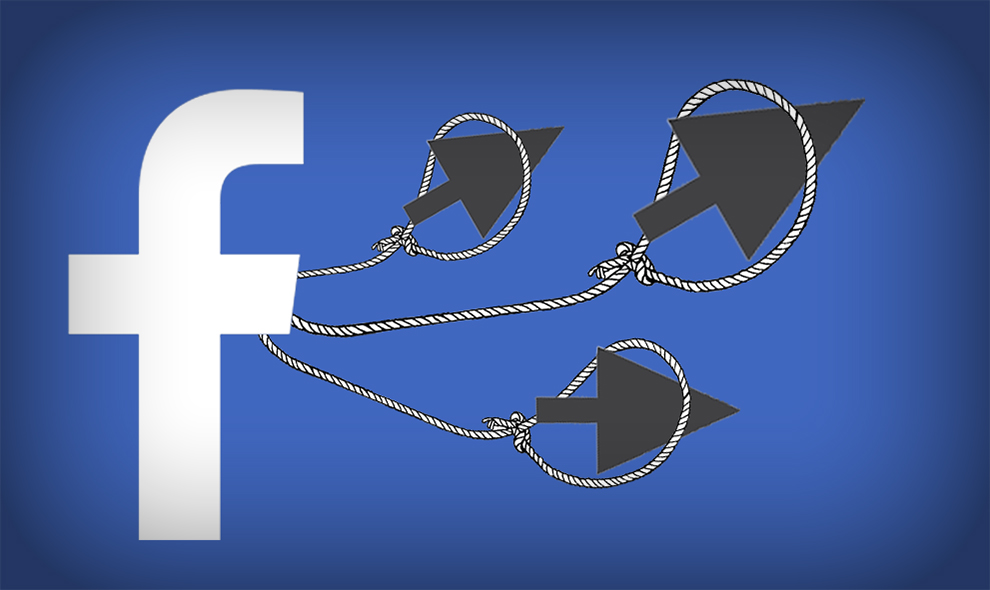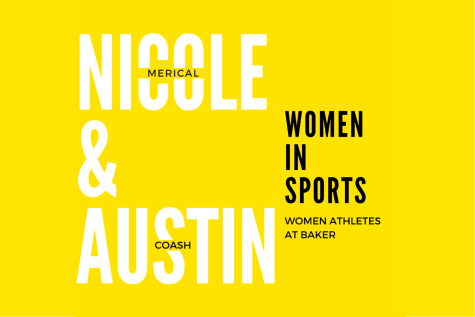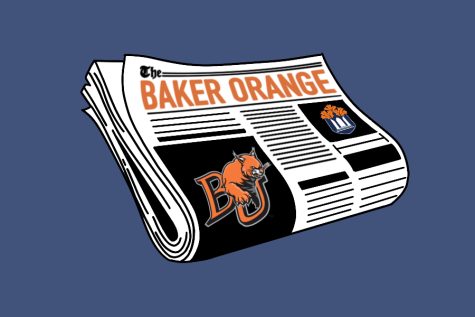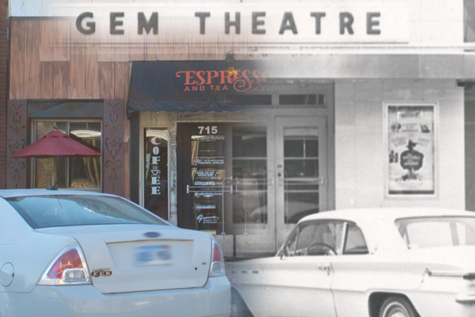Clickbait: the shocking way Facebook manipulates you
Image by Maria Echeverry.
We college students all know one person who can tell the best stories when Sunday morning rolls around. I usually have a great need to be productive on Sundays with everything I put off all weekend, but when that storyteller starts into the details of the night before, I’m glued to the couch listening for hours. By the time the story is over, I’m too distracted and entertained to be productive at all.
Recently, several articles have appeared on Facebook and other platforms with titles that are too enticing to skip over. With headers like, “This Picture of Britney Spears Will Restore Your Faith in Humanity,” “This One Habit Will Make You Drop 20 Pounds in a Week” or “The Shocking Last Words Harambe Told His Zookeeper,” clickbait is too difficult to turn down.
Clickbait is defined as “content on the Internet that may be sensational or provocative in nature, whose main purpose is to attract attention and draw visitors to a certain website.” Like a huge bowl of cereal (or two) after a night at the Mine, clickbait is just too good to resist.
When I’m scrolling through my Facebook feed, I immediately recognize what is clickbait and what is not due to the titles; yet I am still pulled into the trap. In fact, 90 percent of clickbait articles contain the same phrases.
So even though clickbait is easy to recognize and the content quality is low, it is still too enticing to keep my distance. It turns out that this is due to something all humans experience called a “nudge.” The term nudge originated in the United Kingdom and describes something that uses an understanding of human behavior to encourage people to do particular things.
Clickbait nudges our brains into reading low-quality articles designed for website hits.
The interesting factor is that even if you realize you are being nudged, you will most likely scratch the itch regardless. According to a New Scientist article, “In one study, researchers found they could nudge people into choosing healthier snacks next to the cash register in shops – and that it didn’t matter if the nudge was exposed by an accompanying sign reading, ‘We help you make healthier choices.’”
This mirrors the recent findings that placebos can work in people even if they are aware of the placebo.
So when my friend Steph Woltkamp starts to tell her stories on Sunday mornings and I know it will be hard to leave the room, I still stay. When I get home from the Mine and tell myself I will not indulge in Cap’n Crunch, I always do. I can take a Tums and my headache will go away.
When I see an article on Facebook saying “This Incredible Picture will Make you Love Taco Bell Even More,” you know I am going to click that sh*t.
Fortunately, the haunting days of clickbait as every other link on Facebook may be over soon. Facebook has committed to preventing clickbait from appearing on news feeds, and search engines like Google are also promising more relevant and “clickbait-free” search results.
These recent efforts from Facebook and Google may give you hope that you may someday be able to regain at least some self-control, especially on Sunday mornings.












